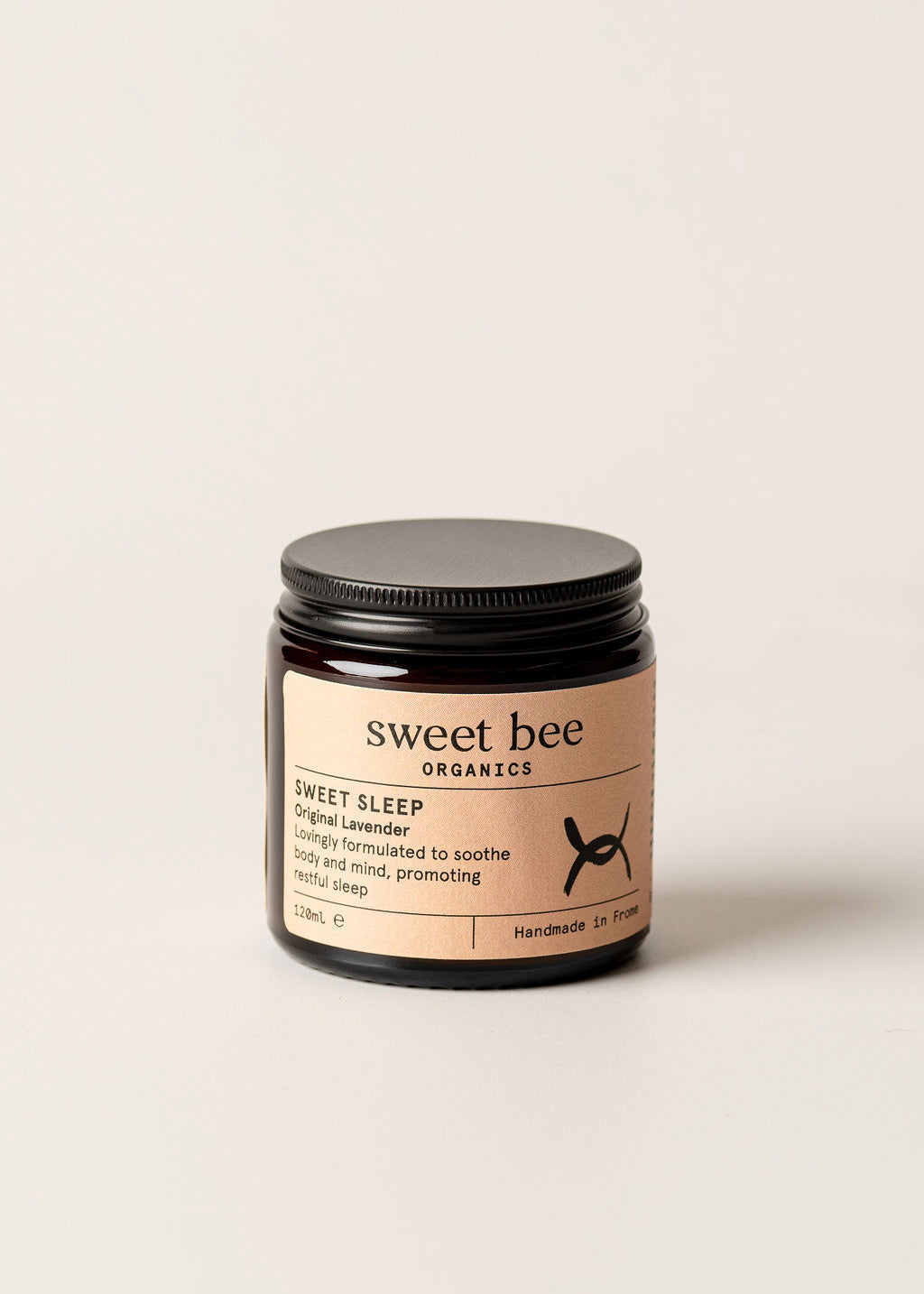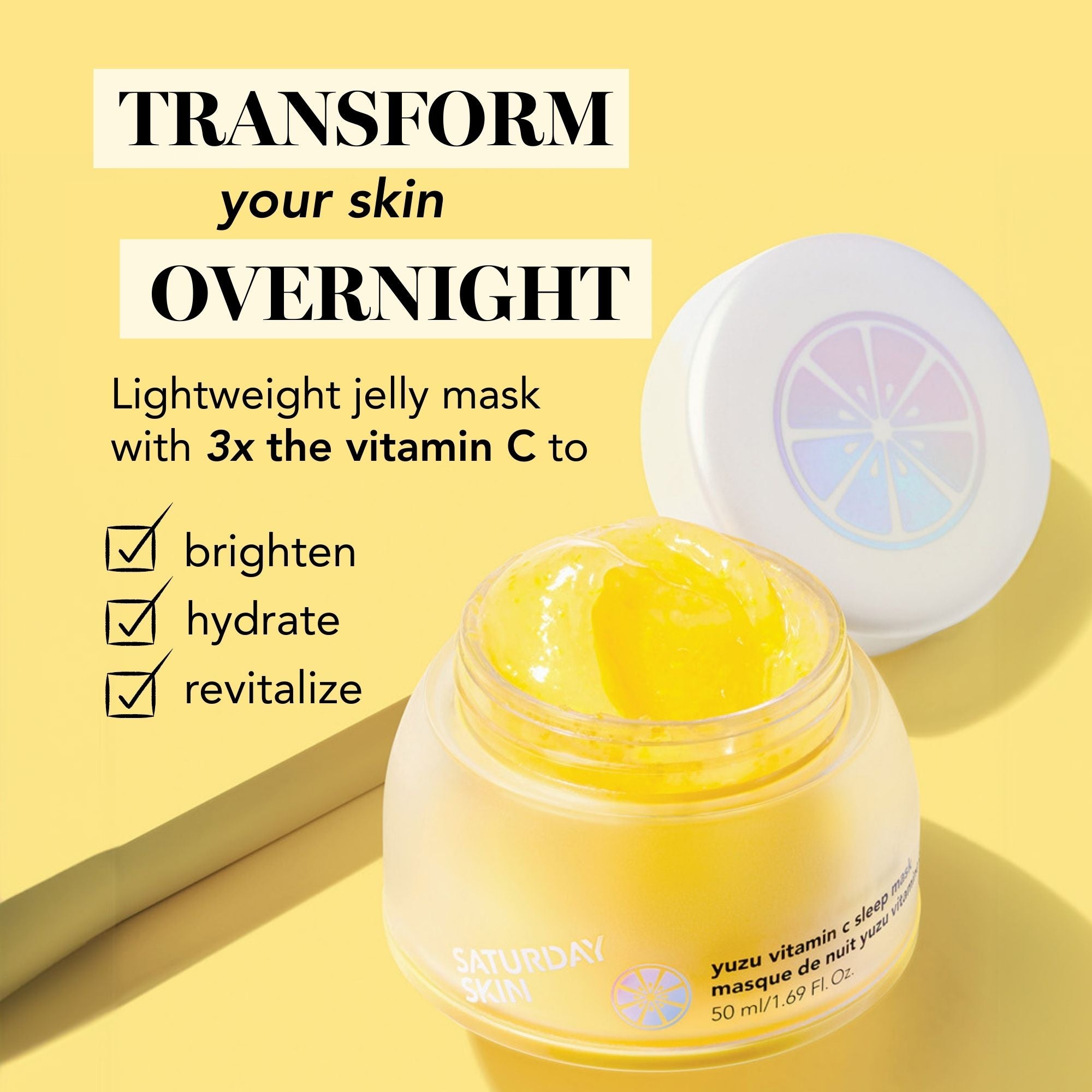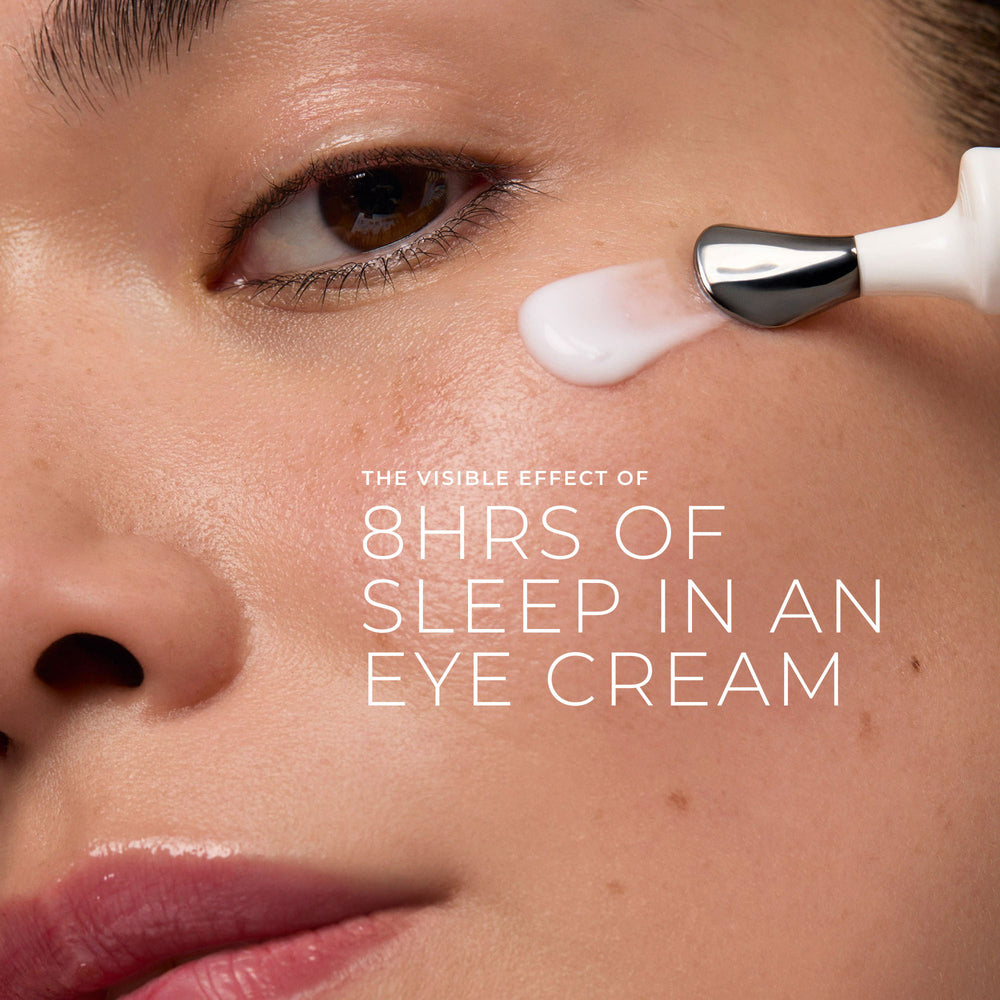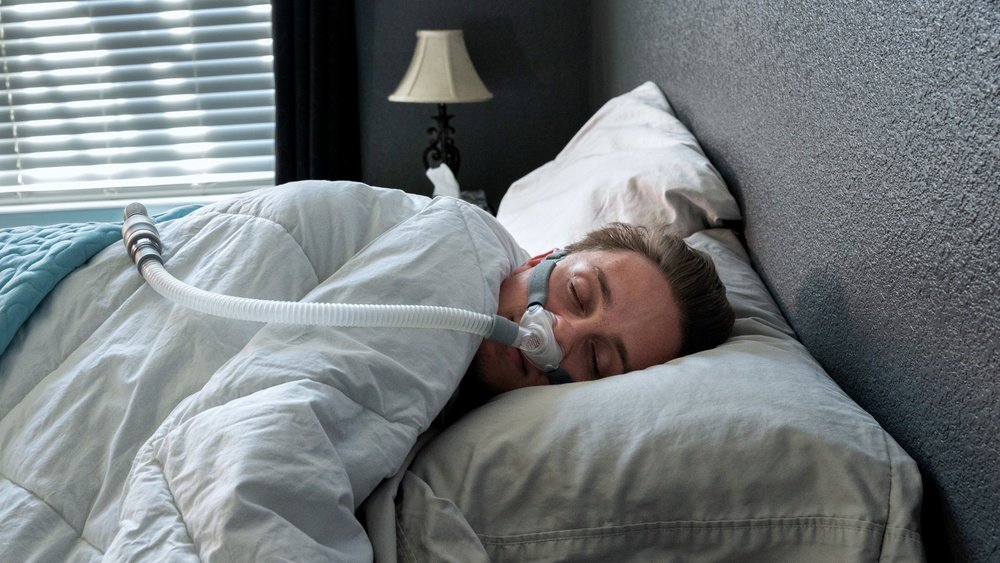Have you ever wondered if sleeping with your windows open could be harming your skin? You might think fresh air is good for you, but could it actually be affecting your skin’s natural barrier?
Your skin barrier is the first line of defense against dryness, irritation, and harmful environmental factors. So, what happens when cool night air or outdoor pollutants sneak in while you sleep? Keep reading to discover how this simple habit might be impacting your skin’s health—and what you can do to protect your glow every night.

Credit: sweetbeeorganics.com
Airflow And Skin Hydration
Airflow plays a key role in maintaining skin hydration. Sleeping with an open window changes the air quality and movement around your skin. This can affect how well your skin retains moisture. Understanding airflow’s impact helps protect your skin barrier from damage.
Effects Of Outdoor Air On Skin Moisture
Outdoor air contains various particles and moisture levels. Fresh air can help clear away sweat and oils from the skin surface. This may prevent clogged pores and irritation. However, dry or polluted air can strip the skin of its natural oils. This leads to dryness and a weakened skin barrier. Clean, fresh air with balanced moisture supports healthy skin hydration.
Role Of Humidity In Skin Barrier Health
Humidity is the amount of water vapor in the air. High humidity helps the skin hold onto moisture. It reduces water loss through the skin’s surface. Low humidity causes the skin to dry out quickly. This can cause flaking, tightness, and irritation. Maintaining proper humidity levels while sleeping keeps the skin barrier strong and hydrated. Using a humidifier may help in dry climates.

Credit: saturdayskin.com
Temperature And Skin Function
Temperature plays a key role in how the skin works during sleep. Skin function depends on a stable and comfortable temperature. Changes in room temperature, such as opening windows, can influence skin health. The skin barrier protects the body but needs the right environment to stay strong.
During the night, the skin goes through many processes that repair damage and keep it hydrated. Temperature affects these processes. Cooler air from an open window can change how skin repairs itself and how well it stays moisturized. Understanding this helps us decide whether sleeping with open windows is good or bad for our skin barrier.
Cooling Effects During Sleep
Cool air lowers skin temperature. This can slow down oil production, which keeps skin moist. Lower oil levels might cause the skin to feel dry or tight. On the other hand, cool air helps reduce sweating. Less sweat means fewer chances for clogged pores and irritation. The balance between dryness and oiliness depends on how cold the air is and how long the window stays open.
Impact On Skin Repair Processes
Skin repair happens mostly at night. Cooler temperatures can slow down cell renewal. Slower renewal means damaged skin takes longer to heal. The skin barrier might weaken if repair is not efficient. Cooler air may also reduce blood flow to the skin. Blood flow is needed to bring nutrients that help skin heal. Too cold air might make skin barrier recovery less effective.
Exposure To Environmental Irritants
Sleeping with open windows allows fresh air to enter your room. This can feel refreshing, but it also lets in environmental irritants. These irritants can affect your skin barrier. The skin barrier is your skin’s natural shield against harmful substances. Exposure to pollutants and allergens may weaken this shield. Understanding this impact helps protect your skin health while you sleep.
Pollutants And Allergens Entering Through Windows
Open windows let in dust, pollen, and other allergens. Traffic pollution and smoke can also drift inside. These particles settle on your skin overnight. This contact may cause irritation and inflammation. Airborne chemicals can strip natural oils from the skin. Loss of oils leads to dryness and sensitivity. Pollutants can damage skin cells and slow repair processes. Over time, this weakens the skin barrier’s defense.
Consequences For Sensitive Skin Types
People with sensitive skin feel effects more strongly. Allergens may trigger redness, itching, and rashes. Dryness and flaking become common problems. The skin barrier loses moisture quickly. This makes skin prone to infections and discomfort. Sensitive skin needs extra care to stay healthy. Using gentle skincare and keeping windows screened can help. Avoiding direct exposure to irritants protects the skin barrier. Healthy skin barrier means better defense against daily stressors.
Uv Light And Skin Barrier
Ultraviolet (UV) light plays a key role in skin health and damage. It can weaken the skin barrier, which protects against moisture loss and harmful substances. Understanding UV light’s effect on the skin barrier helps in making better choices about sleeping with open windows. This section explores how UV exposure indoors at night might affect your skin and ways to protect it from indirect sunlight.
Risks Of Uv Exposure Indoors At Night
UV light mainly comes from the sun. At night, direct UV exposure is minimal. However, some artificial lights emit low levels of UV rays. These rays can slowly damage the skin barrier by breaking down skin proteins and lipids.
Sleeping near open windows may allow some outdoor UV light to enter. Streetlights or neon signs can emit UV rays. Prolonged exposure weakens the skin’s defense. This leads to dryness and sensitivity.
Protecting Skin From Indirect Sunlight
Windows block most harmful UVB rays but allow UVA rays inside. UVA rays penetrate deeper, aging the skin and harming the barrier. Using UV-protective window films can reduce this risk. Closing curtains or blinds at night also helps.
Applying a gentle moisturizer before bed strengthens the skin barrier. It locks in moisture and repairs damage from UV exposure. Avoid sleeping directly next to windows to limit indirect sunlight. These steps keep your skin healthier and more resilient.
Expert Tips For Healthy Skin At Night
Nighttime is crucial for skin repair and hydration. Experts suggest simple habits to protect the skin barrier while you sleep. Proper care helps maintain moisture and keeps your skin healthy.
Sleeping with open windows can affect your skin. Fresh air improves ventilation but may dry out your skin if not balanced well. Follow expert tips to enjoy good air flow without harming your skin.
Balancing Ventilation And Skin Care
Good air flow removes indoor pollutants and keeps the room fresh. Open windows let in fresh air but also bring in dry or cold air. Dry air can strip moisture from your skin, weakening the skin barrier.
Control the amount of air coming in by opening windows partially. Use a humidifier to add moisture back to the air. This protects the skin from drying out during sleep. Avoid strong winds directly hitting your face to prevent irritation.
Recommended Nighttime Skincare Practices
Cleanse your skin gently before bed to remove dirt and sweat. Apply a moisturizer that locks in hydration and strengthens the skin barrier. Look for ingredients like ceramides, hyaluronic acid, and glycerin.
Use a nourishing night cream to support skin repair overnight. Avoid harsh products that can dry or irritate the skin. Drink water before sleeping to keep your skin hydrated from inside out.
Follow these practices with balanced ventilation to wake up with healthy, glowing skin.

Credit: www.rocskincare.com
Frequently Asked Questions
Does Sleeping With The Window Open Dry Out Skin?
Sleeping with the window open does not directly dry out skin. Dry air or low humidity causes skin dryness, not open windows. Proper hydration and moisturizing protect your skin better.
Can Indirect Sunlight Damage Your Skin?
Yes, indirect sunlight can damage your skin by exposing it to harmful UVA rays. Always use sunscreen near windows.
What Happens When Skin Is Not Exposed To Sunlight?
Lack of sunlight reduces vitamin D production, weakening immunity and increasing infection risk. It may also cause skin dryness and dullness.
How Far Away From The Window To Avoid Uv?
Stay at least 3 feet (1 meter) away from windows to reduce UV exposure. UV rays can penetrate glass and harm skin.
Conclusion
Sleeping with open windows can impact your skin barrier in small ways. Fresh air helps reduce indoor pollutants and humidity. But cold or dry air may cause skin to lose moisture. Keep your room temperature comfortable to protect skin health.
Use a gentle moisturizer before bed to keep skin soft. Balance fresh air with skin care for the best results. Simple habits make a big difference in skin barrier strength. Choose what feels right for your skin and sleep comfort.
 Skip to content
Skip to content 